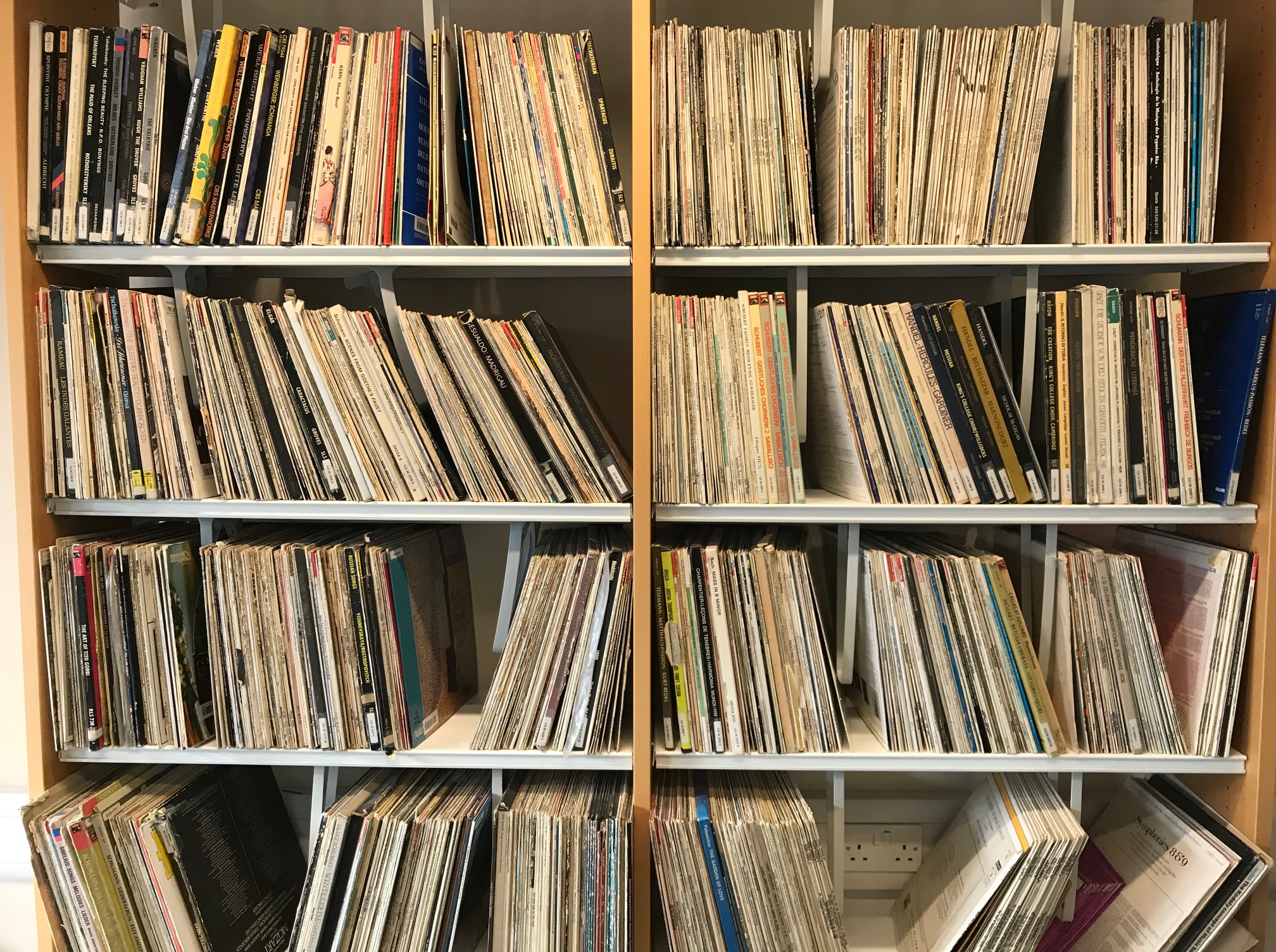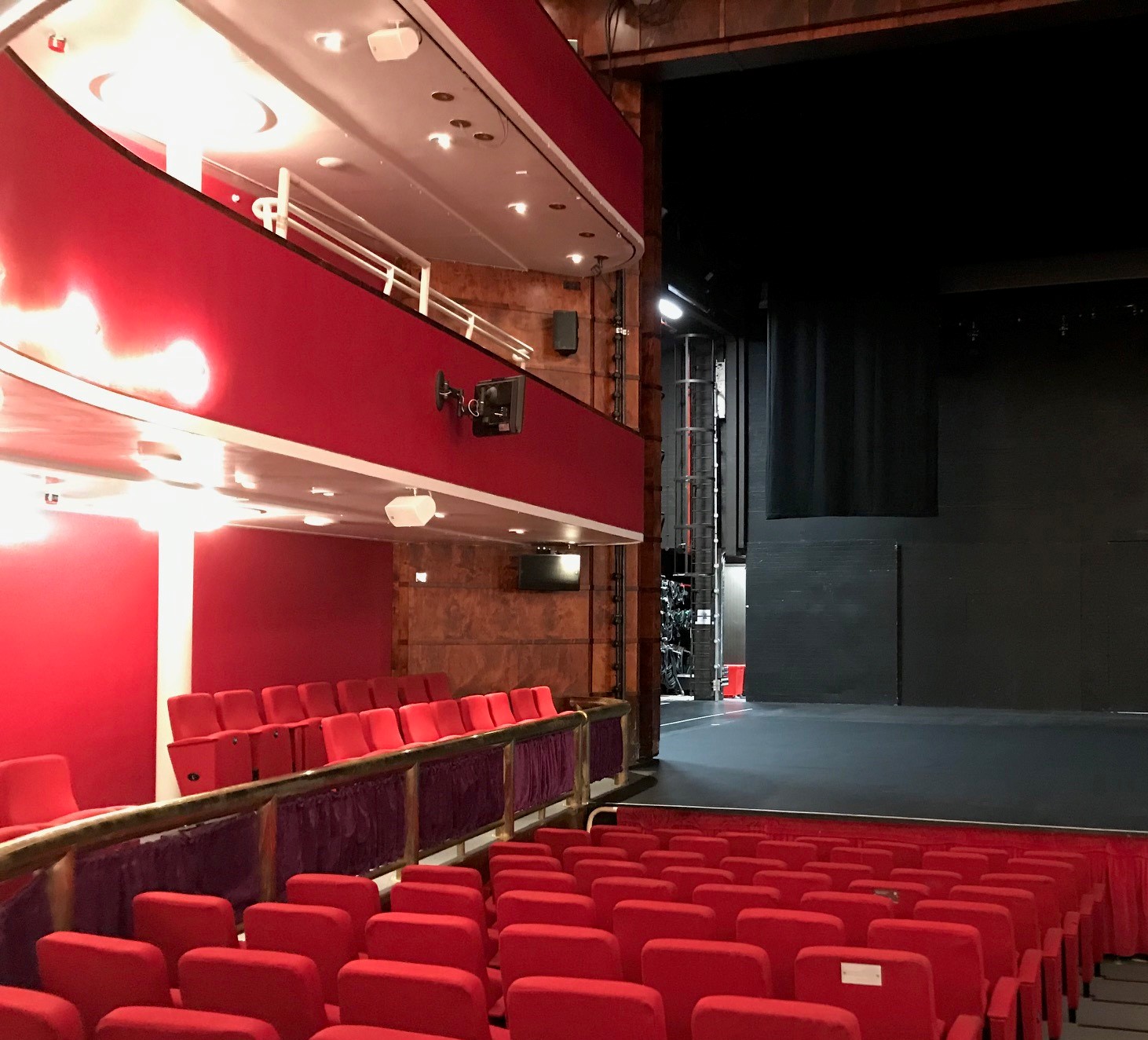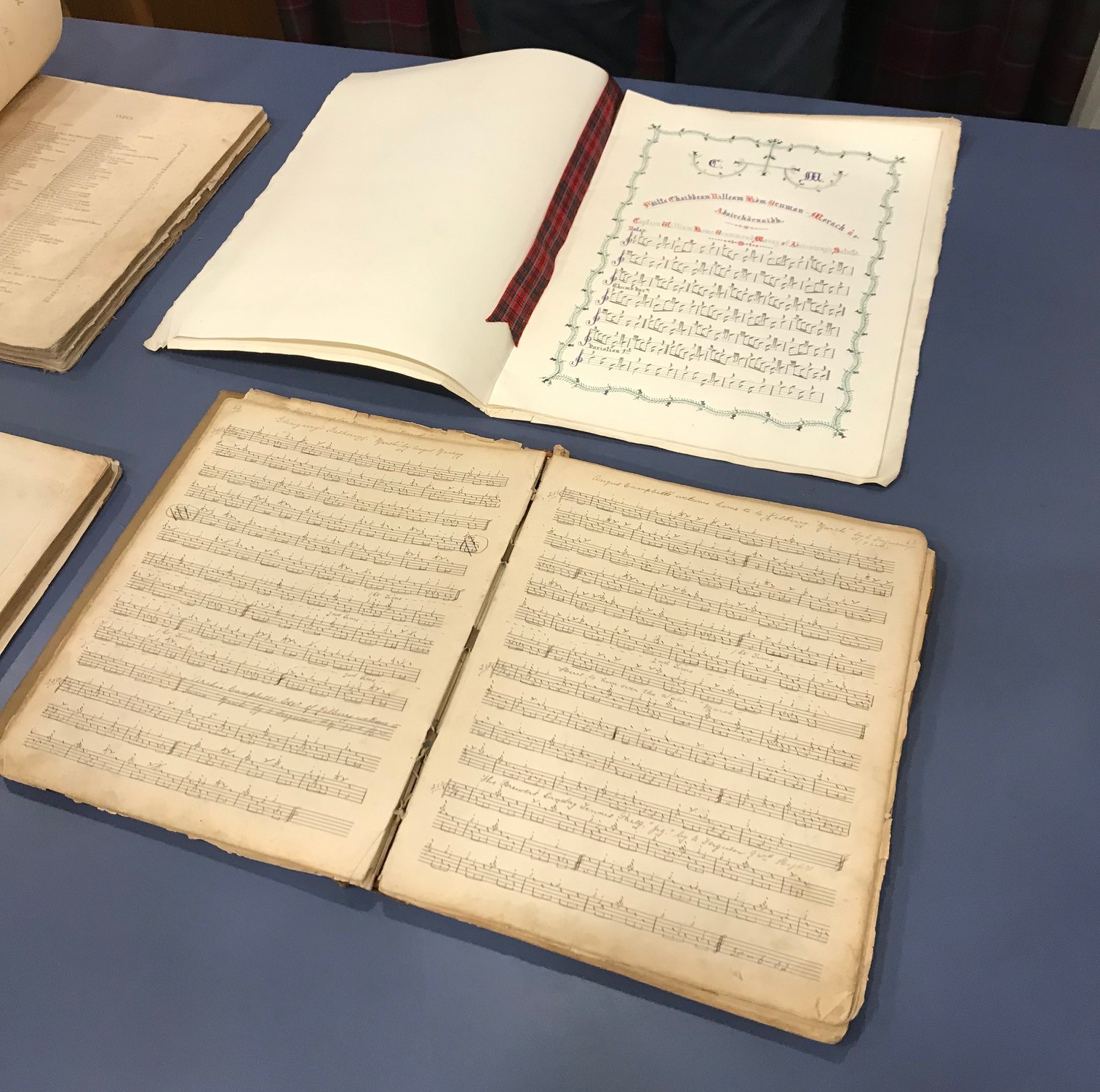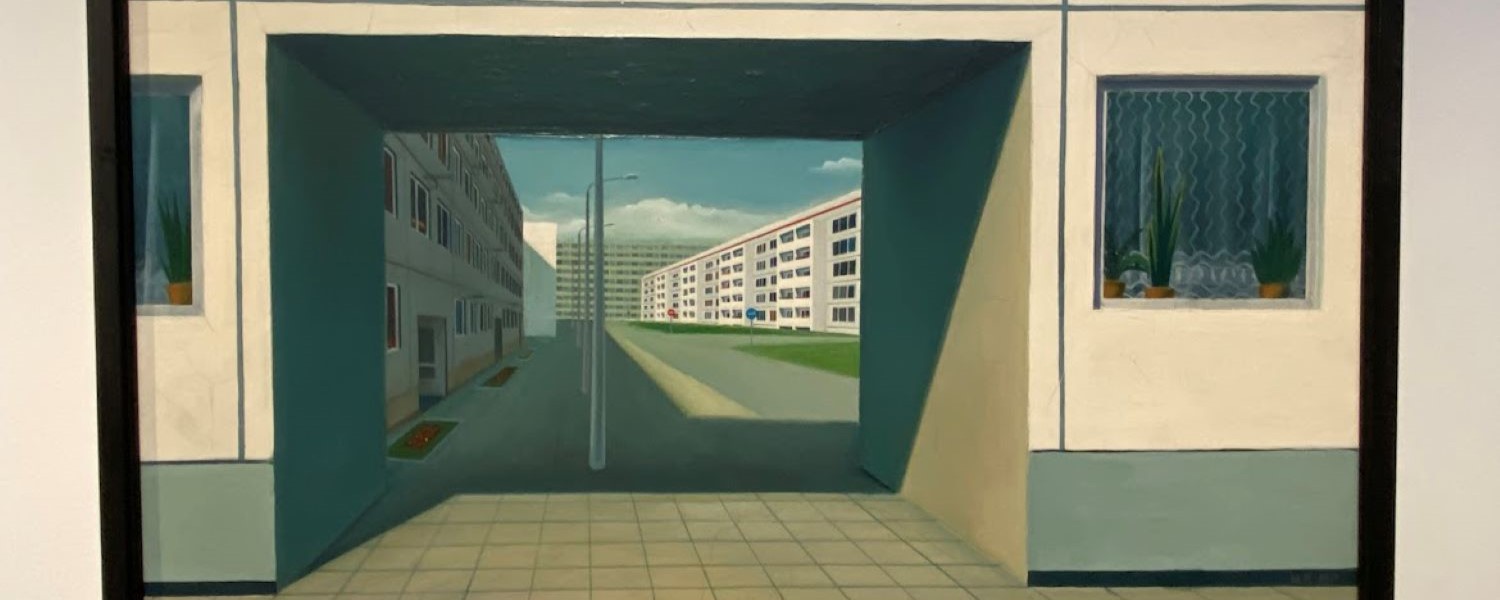
The Whittaker Library at the Royal Conservatoire of Scotland
The RCS and the Whittaker Library
Co-ordinated by ARLGS’ event planner, Isabelle Bridoux, the afternoon began at the Royal Conservatoire of Scotland, where librarian Dr. Karen McAulay gave a talk on the history of the performing arts school and its Whittaker Library. Founded in 1847 as the Glasgow Athanaeum, the school quickly became one of the largest and busiest performing arts schools in the country. It has been based at its current site on Glasgow’s Renfrew Street since 1988, and is now considered one of the world’s best performing arts schools.
Dr. McAulay’s stories about the foundation of its Whittaker Library were particularly interesting – it was set up by the school’s janitors and began as a small, closed access collection, which has adapted over the years into the expansive, comprehensive collection of music, drama, dance, production and film which serves the RCS’s students and staff today.

The Whittaker Library’s LP collection

The New Athenaeum Theatre at the Royal Conservatoire of Scotland
The National Piping Centre
On arrival at the National Piping Centre, a presentation (and bagpipe performance!) was given by librarian James Beaton. The piping centre operates as an educational charity, promoting the study and the history of piping in Scotland.
The centre has a small internal lending library for students and staff, which holds a large collection of material for studying piping, including printed books, manuscripts, sounds holdings, and teaching tapes. The collections held in the library are truly unique. James Beaton’s talk covered the oral tradition of piping – there was no literature on piping at all until the 18th Century, and older resources relating to piping are rare, making the collection of older material presented during the visits particularly special.

Examples of the collection at the National Piping Centre
Final thoughts
This event showcased the value of libraries in creative and academic institutions, as well as the challenges faced by the librarians who run them. A particular theme which ran through the afternoon’s discussion was the importance of the creative arts in education. Concerns were cited about the decline in subjects like music and drama in schools and the potential impact on the arts industry, and it stood out that libraries like these are playing a vital role in facilitating the continued study of the creative arts.
Share
Related Posts
A recent item on BBC Radio 4’s Today programme generated an unusually high number of responses from listeners. A man who had lost his job in the financial services sector at the age of 57 described his difficulty in trying ....
By Donna Gardiner While free school meals (FSM) have been available in England on a means-tested basis since 1944, recent years have seen a renewed focus upon the potential benefits of providing free school meals to all school-aged children. Currently, ....
By Robert Kelk and Chris Drake A new start for an old challenge? The recent appointment of Marc Lemaître as the European Commission’s director general for research and innovation (R&I) has returned Europe’s R&I gap to the spotlight. Previously head ....

